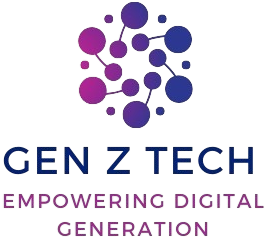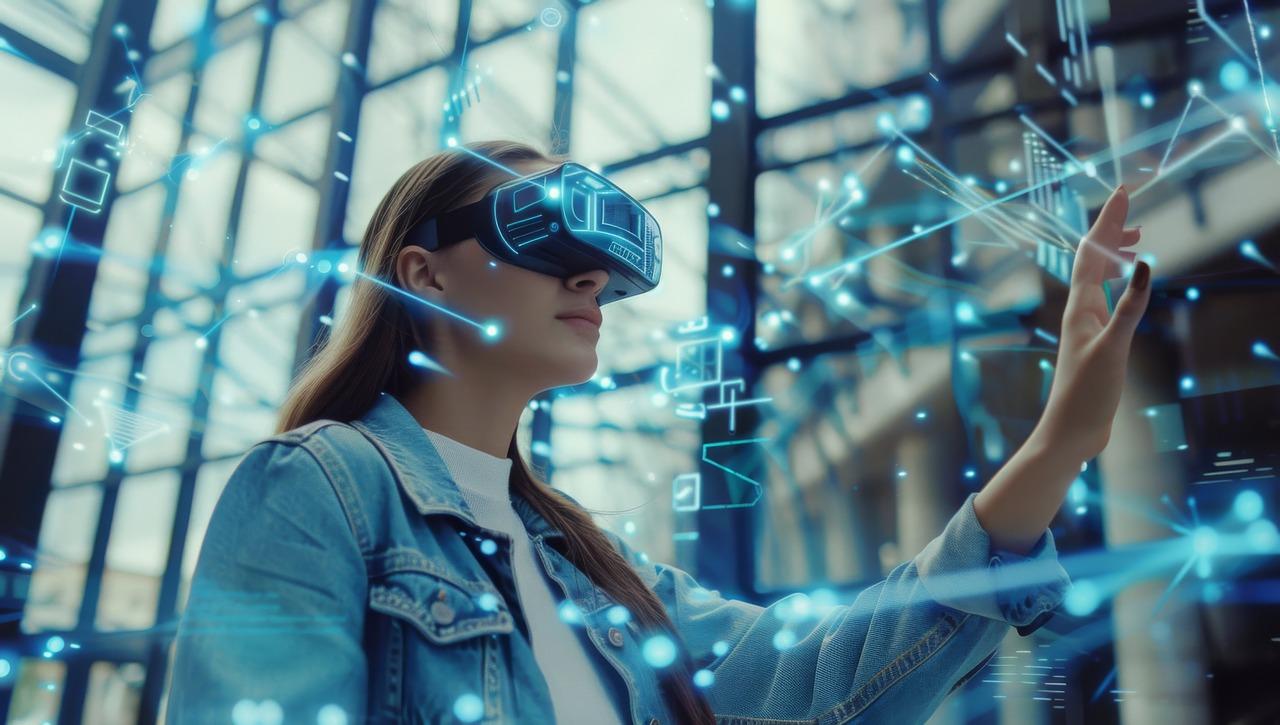Metaverse: The Next Digital Frontier; The concept of the metaverse has rapidly gained traction as one of the most exciting developments in technology. A term that once belonged to the realm of science fiction, the metaverse is now being touted as the future of the internet—a virtual world where physical and digital realities converge. As technology advances, the metaverse is evolving into a multifaceted environment that could redefine how we interact, work, and play. This article explores what the metaverse is, its potential impact, and the challenges that lie ahead as we move toward this new digital frontier.
Understanding the Metaverse
The metaverse is not a single technology but rather an amalgamation of various cutting-edge innovations, including virtual reality (VR), augmented reality (AR), blockchain, and artificial intelligence (AI). At its core, the metaverse is a persistent, shared virtual space that users can enter through VR headsets or other devices. Unlike traditional online platforms, the metaverse offers immersive experiences where users can interact with each other and digital objects in real time.
Imagine attending a concert with friends, not by watching a live stream but by virtually standing in the crowd, dancing, and interacting with others as if you were there in person. This is the promise of the metaverse—a digital world where the boundaries between the physical and virtual blur, offering new possibilities for social interaction, entertainment, and commerce.
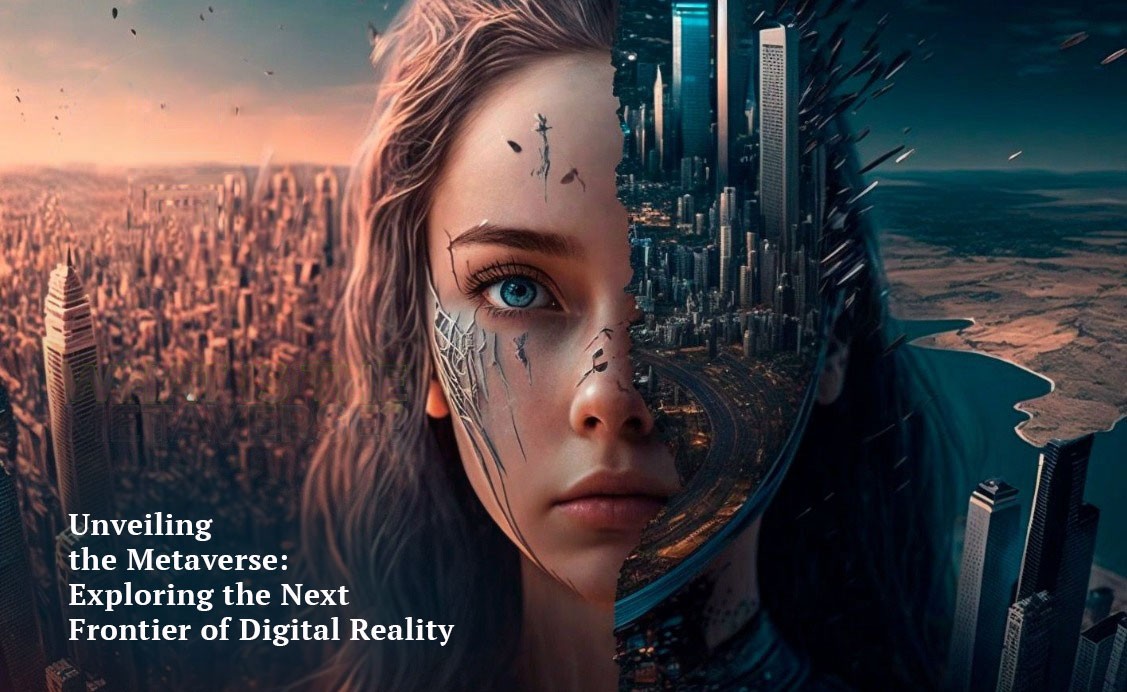
The Potential of the Metaverse
The potential applications of the metaverse are vast and varied. In the realm of social interaction, the metaverse could revolutionize how we connect with others. Virtual meetings could become more immersive, making remote work more engaging and collaborative. Social media platforms may evolve into fully interactive virtual spaces where users can socialize in real-time, sharing experiences in ways that are not possible with today’s technology.
Entertainment is another area poised for transformation. The metaverse could host concerts, sports events, and other forms of entertainment, offering attendees an experience that rivals or even surpasses that of physical events. Gaming, already a leading force in the development of the metaverse, will likely continue to push the boundaries of what’s possible, with virtual worlds becoming more expansive, interactive, and lifelike.
In addition to social and entertainment applications, the metaverse holds significant potential for commerce. Virtual marketplaces could allow users to buy and sell digital goods, from virtual real estate to fashion, in ways that feel as tangible as shopping in a physical store. The rise of NFTs (non-fungible tokens) has already demonstrated the value of digital ownership, and the metaverse could expand this concept to new levels, with users owning and trading unique virtual assets.
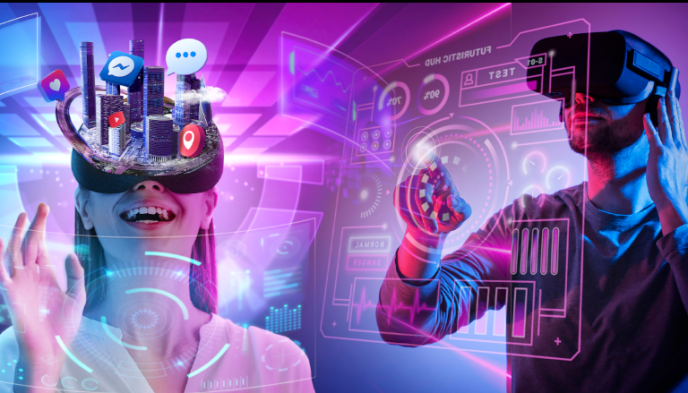
The Role of Blockchain and AI
Blockchain technology is expected to play a critical role in the metaverse by providing a secure, decentralized way to manage digital assets and identities. In a world where users might own virtual land, artwork, or even entire businesses, ensuring the authenticity and ownership of these assets will be paramount. Blockchain’s ability to create immutable records makes it an ideal solution for these challenges.
AI will also be a driving force behind the metaverse, enabling the creation of dynamic, responsive virtual environments that adapt to user interactions. AI-powered avatars, for example, could make social interactions in the metaverse more natural and engaging. Additionally, AI could be used to personalize experiences, tailoring virtual spaces to individual preferences and needs.
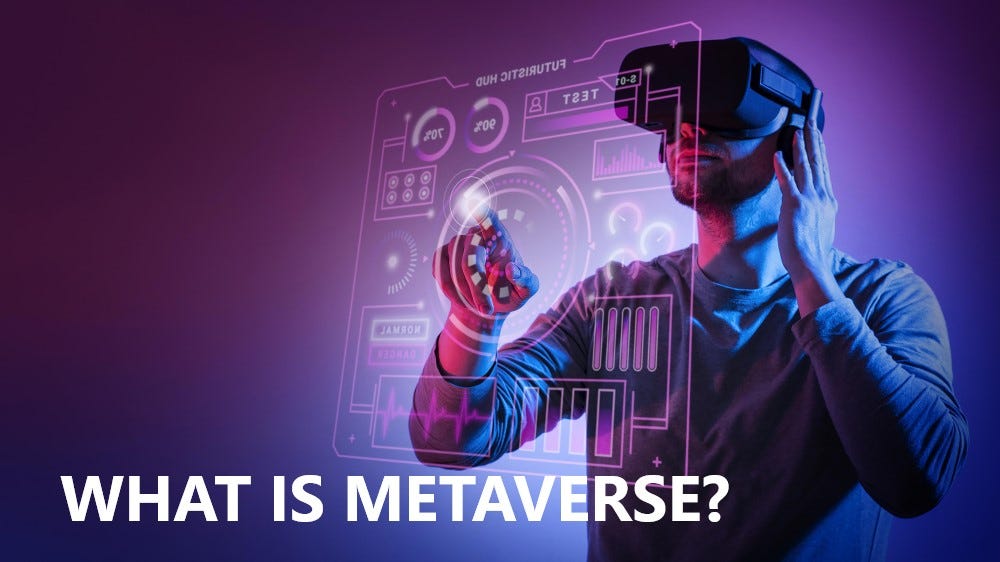
Challenges and Considerations
Despite its promise, the metaverse is still in its infancy, and several challenges must be addressed before it can become a mainstream reality. One of the most significant challenges is the technological infrastructure required to support such an expansive virtual world. High-speed internet, advanced computing power, and sophisticated VR/AR devices will be necessary to create seamless, immersive experiences.
Privacy and security are also major concerns. The metaverse will likely involve the collection of vast amounts of personal data, raising questions about how this data will be used, stored, and protected. Ensuring that the metaverse is a safe space for users, free from harassment and exploitation, will require robust governance and oversight.
Another challenge is accessibility. While the metaverse promises to be a new frontier for digital interaction, it must be inclusive, ensuring that all users, regardless of physical ability or economic status, can participate. This will require thoughtful design and consideration of the diverse needs of potential users.
The Future of the Metaverse
As we stand on the cusp of this new digital frontier, the excitement surrounding the metaverse is palpable. Major tech companies are investing heavily in its development, signaling a strong belief in its potential to reshape the digital landscape. While there are challenges to overcome, the metaverse holds the promise of transforming how we interact with the digital world, offering new opportunities for connection, creativity, and commerce.
The metaverse is not just the next step in the evolution of the internet—it could be the beginning of a new era in human interaction, one where the digital and physical worlds are more intertwined than ever before. As we continue to explore and develop this emerging technology, the possibilities seem almost limitless.
